Steve Jobs by Walter Isaacson
I've finally finished Walter Isaacson's book on Steve Jobs. Having worked at Apple through much of the time covered in the book, I was curious how my view of the time and events matched up with this -- the official -- version, and to try to get some perspective on the man behind all of this.
I'm happy (and a bit surprised) to say that I found nothing in the book that was demonstrably wrong compared to reality as I remembered it; this is no sanitized, "remember me fondly" hollywood bio; Steve seems to have played fair with Isaacson, and Isaacson played fair with Steve.You get Steve unfiltered. The book brings clear a complex man; not easy to work with, but not evil. Just -- insensitive. I can speak to many people who cursed having to deal with him at times; and after, loved him for having brought out the best in them along the way. The Steve in the book matches up well with the Steve I came to know through living in Silicon Valley and working at Apple. He was an exceptionally intelligent person, but more so, an exceptionally intuitive man who could make that jump directly from point A to the end point, and wasn't afraid to take those leaps without endless masses of data to justify them. He was also right often enough that he was allowed to do this, even though this can be a scary way of operating to people who aren't strongly intuitive.And yet I found myself fighting to get through the book.
Unlike some of Isaacson's other works, this book feels flawed and somewhat lifeless.I don't think this is Isaacson's fault. Unlike some of his other biographies (I especially loved his book on Franklin), the material here is new, it hasn't been given the benefit of time to smooth off the raw edges or any chance at perspective and consideration that helps us understand what really matters in the essence of the man. I also get the feeling that since so many of the other people involved in this book are alive, Isaacson stepped carefully through various minefields; it feels like there are punches being pulled, that people are being careful -- but may not even realize it's happening. The frustration that Bill Gates showed at some of the comments Steve made is one place where this breaks through, but even there, I think both sides watch their words, knowing posterity was watching, and I think that "carefulness" invades many of the relationships in the book.That's inevitable in a book like this, and I'm not criticizing Isaacson for it. I do feel like he was still grappling with the material, still really trying to get his head around the material and Steve and how to write the book, and the end result is that parts of the book, especially later parts, are missing the perspective and analysis I expect from this author. This is a book that would have been better suited to a year of incubation, giving him more of a chance to ponder and polish.
It is, however, a massive and fascinating source of material about Steve, Apple, and Silicon Valley at a seminal time where the people and companies here changed society in so many ways.My criticisms here are minor -- give the book a B-, maybe (where I'd give the Franklin book an easy A-). If you're at all interested in what has gone on behind the keynotes and product introductions, then this is a definite read for you. But there's a bigger, better book on Silicon Valley and Steve to be writen, but one that is going to need five or ten years for us to understand Steve in the larger context and let time help us see him after time salves some of the raw emotions so many of us have felt in the last few months.This is a good book, but not a great book. It is, I think, the best book Isaacson could have written right now, and it's definitely worth your time (but also go grab the Franklin book, to see Isaacson at his best).(addendum, added later, but before publication:
One thing that struck me in reading the book was Jobs saying he wanted the book to exist so his kids could read about him and learn who he was. In similar situations, very few of us would think to call up Walter Isaacson and tell him to write our biography. Steve did (and Walter did, because he's Steve, and this is an important book about an important person). But it seems to me there's a deeper meaning to this; while most of us would solve this problem by sitting down with our kids and talking, at some level, Steve realized he couldn't, that he just wasn't wired that way. I also get the impression that because he insisted on this book being honest, and his flaws weren't hidden or glossed over, that at some level this book was in Steve's way also a way of acknowledging he wasn't the greatest father in the world, and in the kind of act only someone like Steve would do, apologizing to his kids for being what he was, in public.
And I think that sums up the Steve we're seeing in the book: a very complex person who both had flaws and recognized them -- but couldn't overcome them. He was who he was. And he couldn't just sit down with his kids and explain himself or say I'm sorry. But he could stand up in a very public display and do that -- which if you think about it, is a very powerful way to show that you really mean it when you say "i'm sorry" for being what he was to them.)
